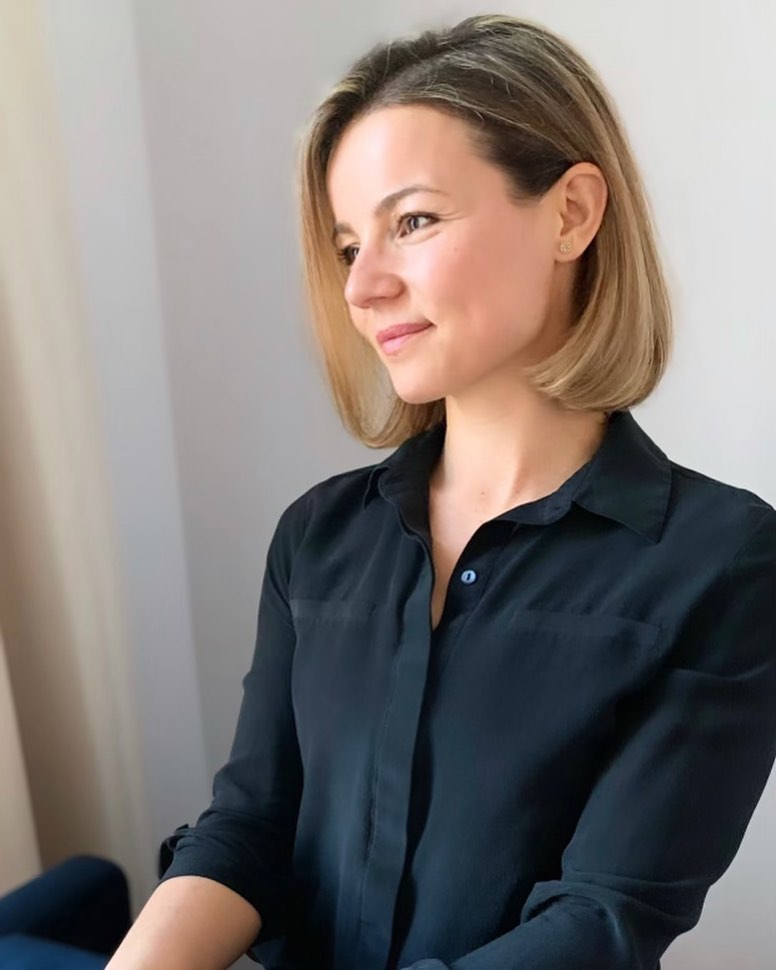Dr. Asmira Alagic is an assistant professor of chemistry and the undergraduate program director of the chemistry department at Saint Louis University. Over the years she has also become very involved with students’ mental health starting the SLU group Stem Wellness.
Alagic has noticed the rise of mental health issues over the years and the effect it has had on students. She felt the need to do something about it.
“I started some wellness back in 2019 when I noticed students’ mental health had significantly changed from the years before…so I started Stem Wellness, a program run by students and me,” Alagic states.
She explains how the dynamic in her classes and with students changed.
“I just noticed so much more distress in my classroom, even though it’s a big classroom, you could figure it out by email or by people coming into my office hours and having these conversations.”
Alagic further goes on to explain what the situation can sometimes look like and how she was affected by it.
“I’m not a trained mental health person and that’s what I’m doing 80% of my job. People were not coming for chemistry questions, it was more like mental health questions or distress or breaking down in my office,” she says.
Alagic understands how overwhelming college can be. To try to help ease the feelings students may have, she has put in effort to invite speakers and collaborate with others to come to her class to talk about mental health to her students.
“In the past three years I did these workshops in the class with Dr. Stuart Slavin, who’s an MD. We call it an awareness workshop… it’s one hour that makes students aware that they are not the only ones and to have this conversation,” Alagic states.
She has also done things such as incorporating breathing techniques in class to help students feel more calm.
“I also tried a collaboration with Dr. Amrita Chaturvedi [education department] and we did breathing… we did breathing every single lecture [for one semester]… and heard very positive feedback from students from all of that. I’m just doing little things that I can personally contribute to help with the environment,” Alagic says.
Alagic has also done some mental health training outside of school hours to try to be more qualified in mental health so that she may better help students.
She says, “…I did a few things with Anthropedia. Anthropedia is a training/educational center right here by SLU and they do well-being coaching…I did classes on the weekend…I did a couple of months and I had a well-being coach to help me understand these things and did a couple of workshops with the teaching center.”
She talks about some of the things she learned and how the smallest things could have a big impact on students.
“…even things like how you phrase things in class can have a completely different outcome with students and how they perceive it,” Alagic says. However, she also explains how it was overwhelming for her as well given all the things she’s responsible for.
“I didn’t finish the whole program because it was almost like a degree and I have a full-time job that’s overwhelming, and a family that I also take care of, and then I was trying to do this on the weekends and it would be like 10 hour days,” she states.
When asked what SLU can do better to help with mental health Alagic acknowledges the progress that has occurred over time but thinks more could be done.
“I think we have started doing a lot of things better…during the task force we took a whole year of listening to students and faculty, and staff, and trying to figure out what are the things we could do better, or what are the things we’re already doing good and then keep the things we’re doing good and improve on the things we need to do better…so I think they’re trying but a lot more work needs to be done.”






